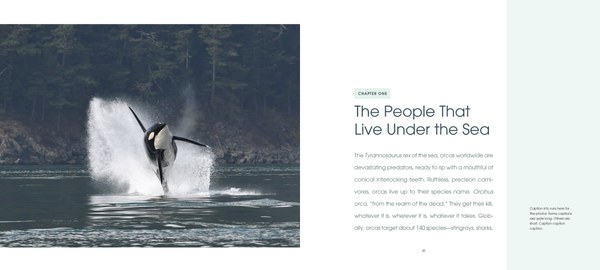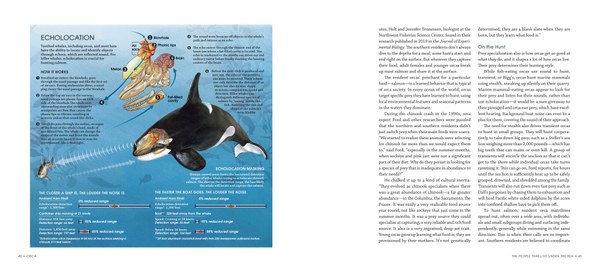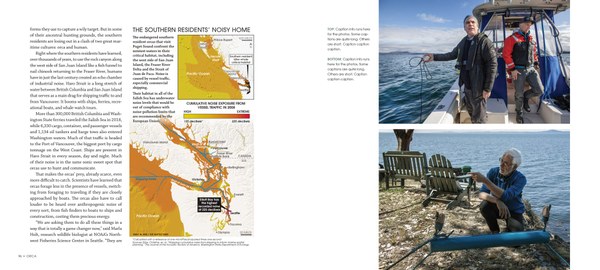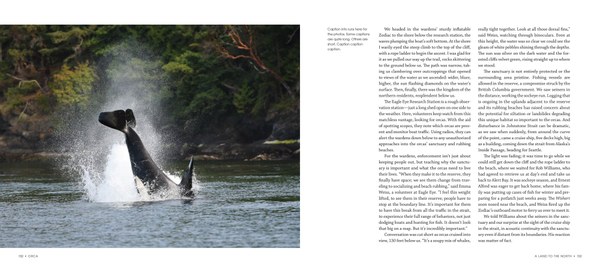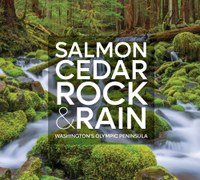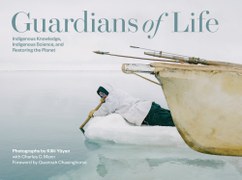Orca
Shared Waters, Shared Home
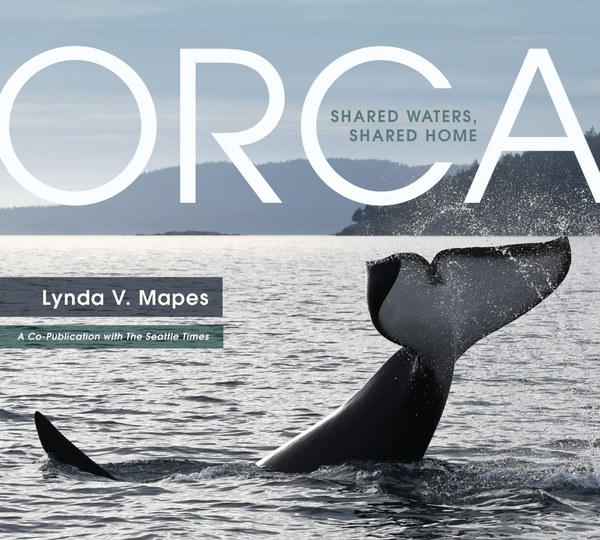
Award Winner
Description
2021 National Outdoor Book Award Winner in Nature and the Environment
2022 Washington State Book Award Winner in General Nonfiction
Orca whale J35, also known as "Tahlequah," gave birth in July of 2018 in the waters off British Columbia, but her calf died soon after, leading its mother to carry her for 17 days across 1000 miles before finally releasing the calf and rejoining her pod. This extraordinary and caring behavior sparked not only worldwide sympathy, but also a revival of our awareness of the critical need to preserve orcas, the chinook salmon they feed on, and their habitat that together make up the core of Pacific Northwest identity.
In Orca: Shared Waters, Shared Home journalist Lynda V. Mapes explores the natural history of the orca and the unique challenges for survival of the Southern Resident group that frequents Puget Sound. These whales are among the most urban in the world, a focus of researchers, tourists, and politicians alike. Once referred to as "blackfish" and still known as "killer whales," orcas were for generations regarded as vermin to be avoided or exterminated, then later were captured live for aquariums all over the world. With greater exposure, scientists realized how intelligent the mammal is and are learning about their matriarchal family groups, vocalizations, behavior, and different subspecies. Today only 74 Southern Resident whales are left, and they are threatened by habitat degradation, lack of chinook salmon (their primary food source), relentless growth, and climate change. Can we reverse the trend?
This special project, co-published with the Pulitzer Prize winning Seattle Times newspaper, features stunning imagery by Times photographer Steve Ringman, as well as from partner organizations including The Whale Museum, NOAA, and Center for Whale Research.
2022 Washington State Book Award Winner in General Nonfiction
Orca whale J35, also known as "Tahlequah," gave birth in July of 2018 in the waters off British Columbia, but her calf died soon after, leading its mother to carry her for 17 days across 1000 miles before finally releasing the calf and rejoining her pod. This extraordinary and caring behavior sparked not only worldwide sympathy, but also a revival of our awareness of the critical need to preserve orcas, the chinook salmon they feed on, and their habitat that together make up the core of Pacific Northwest identity.
In Orca: Shared Waters, Shared Home journalist Lynda V. Mapes explores the natural history of the orca and the unique challenges for survival of the Southern Resident group that frequents Puget Sound. These whales are among the most urban in the world, a focus of researchers, tourists, and politicians alike. Once referred to as "blackfish" and still known as "killer whales," orcas were for generations regarded as vermin to be avoided or exterminated, then later were captured live for aquariums all over the world. With greater exposure, scientists realized how intelligent the mammal is and are learning about their matriarchal family groups, vocalizations, behavior, and different subspecies. Today only 74 Southern Resident whales are left, and they are threatened by habitat degradation, lack of chinook salmon (their primary food source), relentless growth, and climate change. Can we reverse the trend?
This special project, co-published with the Pulitzer Prize winning Seattle Times newspaper, features stunning imagery by Times photographer Steve Ringman, as well as from partner organizations including The Whale Museum, NOAA, and Center for Whale Research.
Contributors
by Lynda Mapes
Reviews

